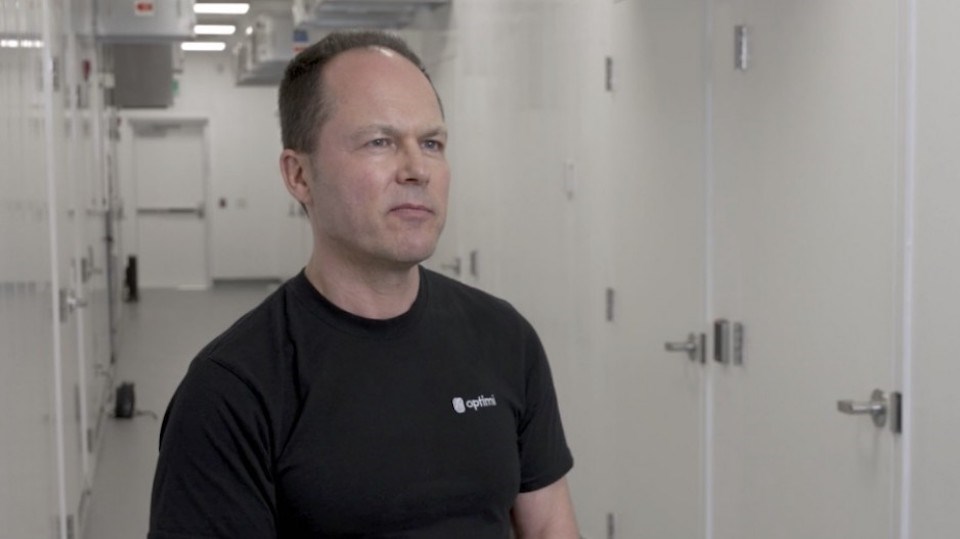New large psilocybin production facilities have started to pop up in B.C., providing the latest evidence that this nascent business sector is expanding in the province.
The niche of farming and providing the psychedelic compound that comes from magic mushrooms has started to gain life thanks to Health Canada in January launching a program that allows physicians to request government approval for patients to access psilocybin.
Without that approval, using psilocybin is illegal.
Health Canada’s so-called “special access program” approved its first authorizations in March, as it sparked interest among doctors who believe the mushroom compound can help treat depression, additions, post-traumatic stress disorder and other conditions.
Dr. Valorie Masuda was the first Canadian doctor to get this approval when Health Canada approved her requests for six patients.
Since then, doctors for several other patients have also been approved to provide psilocybin, Holly Bennett, director of communications at the Victoria-based non-profit coalition TheraPsil, told BIV.
Her organization helps Canadians access psilocybin for medical purposes.
Before Health Canada launched its special access program, the only way Canadians could legally access psilocybin was to directly appeal to Canada’s health minister for what was called a Section 56 exemption to the country’s Controlled Drugs and Substances Act.
Fewer than 100 of those exemptions were given to people who would then buy black-market psilocybin, Bennett said.
When the health minister gave the exemptions, she added, it was because the patients making the requests were dying, and in distress.
She believes that the new special access program increases the number diseases or conditions for which psilocybin could be approved.
“The special access program is very clearly for serious and life-threatening illnesses, but the government has yet to define exactly what they mean by that,” she said.
One other element of the new program is that it requires the psilocybin to come from approved dealers.
Businesses are newly getting Health Canada approval to farm psychedelic mushrooms, make psilocybin and sell the compound to drug-makers, or to doctors to give to patients.
Optimi Health (CSE:OPTI), for example, received its dealer-licence approval in February, and it said in a May 25 statement that it has harvested its first batch of psilocybin and functional mushrooms.
Many other B.C. companies are also operating in the sector, and trying to produce psilocybin as cost effectively as possible.
Optimi plans on May 27 to cut proverbial ribbons on two buildings that each have about 10,000 square feet of space, and are in Princeton. One of those buildings is already about half occupied with Optimi staff growing psychedelic mushrooms, Optimi’s CEO Bill Ciprick told BIV. The other building is nearly complete.
Optimi employs about 25 staff, with about a handful of those being at a Vancouver head office, and the others in Princeton.
The company generated around $22 million from going public in February 2021, Ciprick said. It is spending up to $15 million to build the facilities on land that it is leasing for a small amount from two of its four co-founders: Bryan and Jacob Safarik. Its other two co-founders are Dane Stevens and JJ Wilson.
Optimi lost nearly $4.7 million in the six months that ended March 31, and it remains in what Ciprick called its “pre-revenue” period.
Sales just launched for nutraceutical products, which do not contain psilocybin and are sold through Vitasave and other retailers.
“We are generating revenue, and when we report our second quarter earnings we will be starting to show revenue – and hopefully from some psilocybin sales as well,” he said.
He added that psilocybin-supply agreements with “drug formulators” are likely to be announced soon.
His operation now involves workers growing and drying mushrooms before grinding them into a fine powder that can be put into drug capsules.
“With mushrooms, you do vertical growth,” he said. “Picture these really fine, space-age looking racks.”
His mushroom-growing rooms have 20-foot ceilings, with the fungi grown in racks spaced 1.5 feet above each other, and rising up to 14 feet high.
Each of the racks holds black tubs that Ciprick said resemble the dish containers used in restaurants.
“The mushrooms just pin, and grow and kind of explode out of the substrate,” he said. “Then you've kind of got a window of time once they pin to harvest them before they get to the point that you lose some of the potency of the psilocybin-containing mushrooms.”




